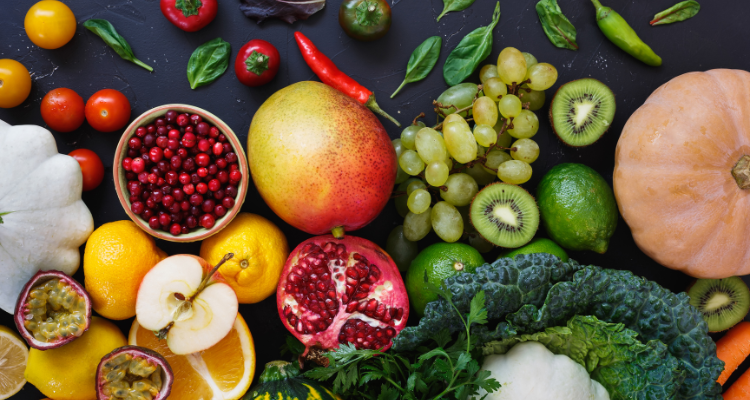New security measures are introduced, adjustments to benefits due to inflation, and future reforms that could change their current structure are proposed
The Supplemental Nutrition Assistance Program (SNAP), which provides food assistance to millions of families in the United States, has started 2025 with important updates. These modifications aim to ensure greater security and adapt to the current economic needs.
Benefit adjustments: Impact of inflation
Since October 1, 2024, SNAP benefits have been recalculated to reflect the increase in the cost of living. Among the most notable changes:
- Average increase of $1 per month per person in most states.
- Increase of $2 per month for families of four.
- In Hawaii, however, the maximum allotment decreased from $527 to $517.
Security innovations: Fraud protection
The security of Electronic Benefit Transfer (EBT) cards has been strengthened:
- New chip-enabled cards: States like California and Oklahoma have already implemented this technology, which will expand to more regions in 2025.
- Pilot fraud prevention program: The U.S. Department of Agriculture (USDA) is leading an effort to block suspicious out-of-state transactions and enable manual activation of cards for legitimate purchases in other regions.
Future changes under discussion
With a new administration on the horizon, SNAP could undergo significant reforms. Among the previously analyzed proposals are:
- Stricter work requirements: Which would limit eligibility for certain beneficiaries.
- Harvest Box: A controversial measure that would replace part of the monetary benefits with preselected food boxes.
- Budget cuts: A $30 billion reduction that would affect the Thrifty Food Plan, the basis for current benefit calculations.
Advice for beneficiaries
To adapt to the changes in 2025, beneficiaries should:
- Review specific updates in their state.
- Activate the security features on their EBT cards.
- Stay informed about possible reforms that could affect their eligibility or program access.
Despite the challenges and adjustments, SNAP continues to be a vital support to ensure food security for millions of people, adapting to the needs of the most vulnerable communities.
